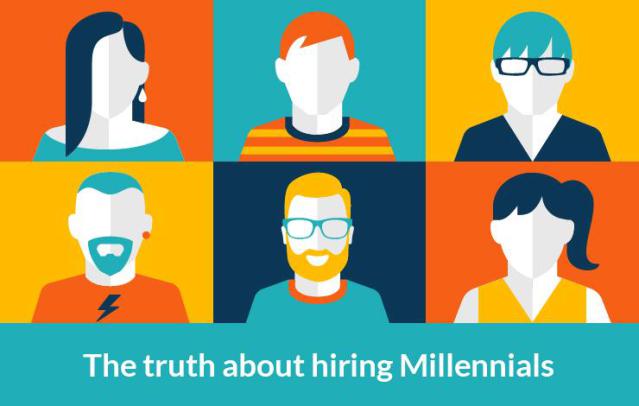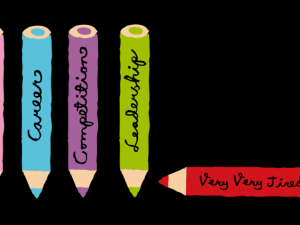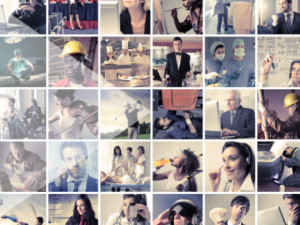
David Gelles of the NYTimes recently wrote a terrific article about the emergence of the “Mindfulness Industry”, and how the paralleled the commercialization of the Yoga movement a generation earlier. He focused primarily on how well meaning ideas and concepts get hijacked by marketers of all stripes looking to capitalize on a hot trend by creating a myth that bears no resemblance to the original product.
That got me thinking about the recent rise of the “Millennials are Different” industry. Driven by an army of firms, speakers, seminars, and experts all vying for their piece of the $150 billion a year global HR consulting market, these players attract potential clients with catchy phrases like “Demistifying Millennials”, “Inside the Millennial Mind; Do’s and Dont’s”, and my favorite, “Millennials Matter” which makes no logical sense, and given its resemblance to a recent use of the term to describe a serious social movement sounds downright cheesy.
All of these marketing players start from some variation of the same stereotype, i.e Millenials are inherently self-absorbed, easily distracted, impatient, entitled, and altogether different from any generation in our lifetimes. But guess what, it’s not true. In fact, there is very little in the way of empirical data to suggest that Millennials act any differently than other previous generations in our lifetimes did at their age, and you could argue that actually show significant signs of having a greater desire for purpose, personal life balance, feedback, and engagement in their jobs.
As a baby boomer myself, I lived through a time of dramatic social change in my twenties and early thirties when we were described as narcissistic, self centered, and motivated by a rejections of traditional values. After all, there was a good reason were called the “Me Generation”.
In fact, there is strong evidence to support the fact that baby boomers and millennials are more alike than different in our attitudes toward making a positive impact on society, helping solve social and environmental challenges, and wanting to take pride in the work that we do and the companies that we work for.
In their book titled “The Human Edge”, Brice Pfau and Ira Kay presented research that showed that regardless of generation, race, and gender, employees wanted the same things from, and asked very similar questions when evaluating whether to work for a company or stay at an organization;
- Is this a winning organization that I can be proud of?
- Can I maximize my performance of the job?
- Are people treated well economically and interpersonally?
- Is the work fulfilling and enjoyable?
If there is one significant difference between Millennials and previous generations, it’s in the area of technology. As the first generation of true digital natives, the have the knowledge, skills, and motivation to influence significant organizational change and workplace productivity in the future, but only if companies are willing to provide support and encouragement, and embrace transparency and change as a competitive advantage.
Instead of trying to mold this generation that over 40% of the workforce and represents our future around our outdated legacy structures and processes, we should be pursuing a new organizational model that is informed by and built around the unique skills and talents that Millennials bring to the workplace.
So, the next time you read another or article about how disengaged Millennials are and how hard they are to manage, consider the source and motivation of the author. Skepticism and negativity always attracts more attention in the short term, but optimism and humility is a much better formula for growth and success in the long run.
In need of Executive Coaching? Contact Riley at Invista Consulting. You simply wont find anyone more respected in the field.




